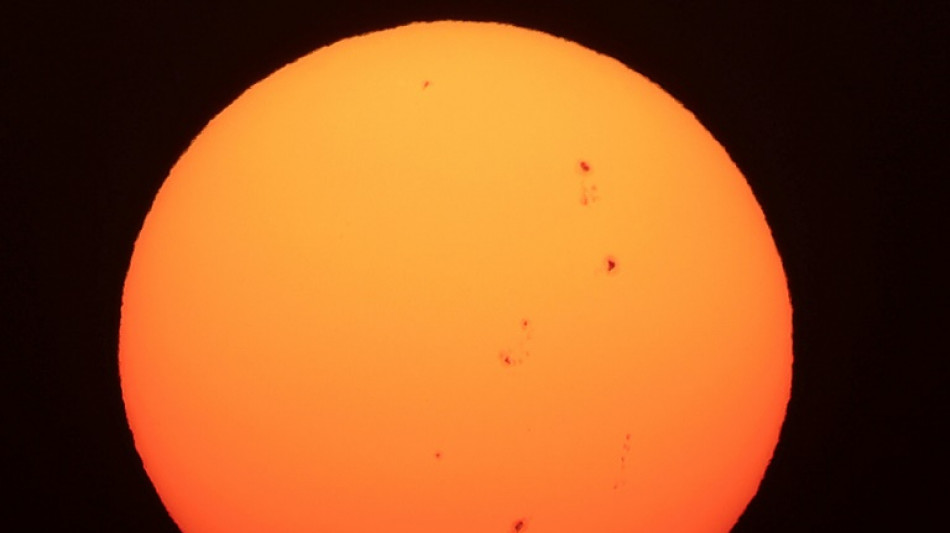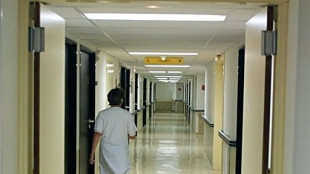

Solar storm could impact US hurricane recovery efforts: agency
Severe geomagnetic storm conditions could hamper ongoing recovery efforts for Hurricanes Helene and Milton by disrupting satellite communications, power grids and GPS services, the US Space Weather Prediction Center warned Thursday.
A coronal mass ejection (CME) struck Earth this morning at 11:17 am (1517 GMT), disrupting the Earth's magnetic field and quickly achieving G4 (severe) geomagnetic storm conditions at 12:57 pm, the agency said.
It comes as the Sun approaches -- or is possibly at -- the peak of its 11-year cycle, when activity is heightened.
The storm is expected to persist through today and into tomorrow, with the potential to reach G5 (extreme) levels -- the highest category of geomagnetic storms -- last seen in May, where they produced vivid auroras visible far from the poles.
The SWPC said it has alerted the Federal Emergency Management Agency and state agencies, which are already stretched thin as they respond to the aftermath of Helene and Milton.
"Infrastructure operators have been notified to take action to mitigate any possible impacts," said the SWPC.
CMEs -- massive clouds of plasma and their accompanying magnetic fields ejected by the Sun -- can wreak havoc with Earth's magnetosphere, which shields the planet from particle radiation.
They can interfere with satellites, radio signals, and GPS positioning systems.
They also pose a threat to power grids: the "Halloween Storms" of October 2003 triggered blackouts in Sweden and damaged power infrastructure in South Africa.
May's storms rendered precision GPS systems used by US farmers across the Midwest and Great Plains unusable, resulting in financial losses.
They also caused some high-voltage transformers to trip, though without large-scale disruption to the grid. Around 5,000 satellites required orbital adjustments due to increased atmospheric drag, SWPC's Shawn Dahl said during a briefing on Wednesday.
For those in favorable latitudes -- potentially as far south as northern California or Alabama in the United States -- the auroras will be most visible away from city lights, in the darkest skies possible.
Smartphone cameras may be able to capture the celestial display even when it's not visible to the naked eye.
(R.Lavigne--LPdF)




